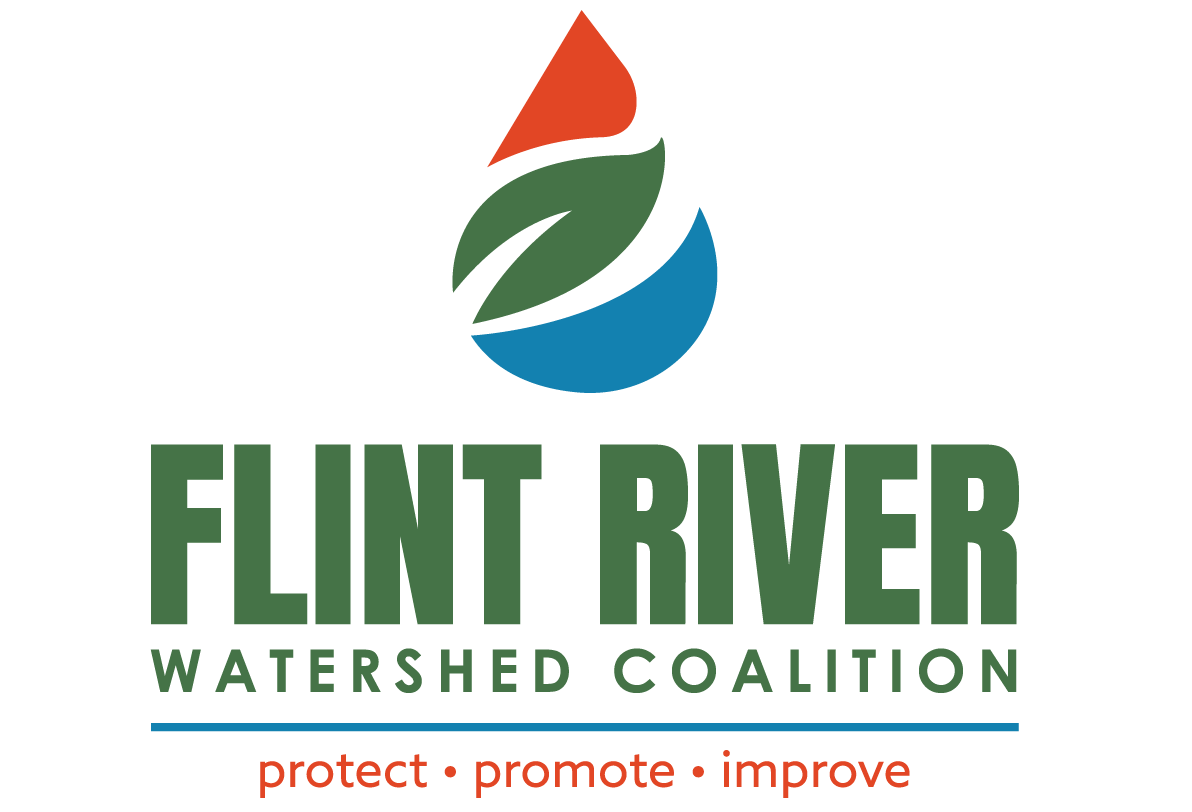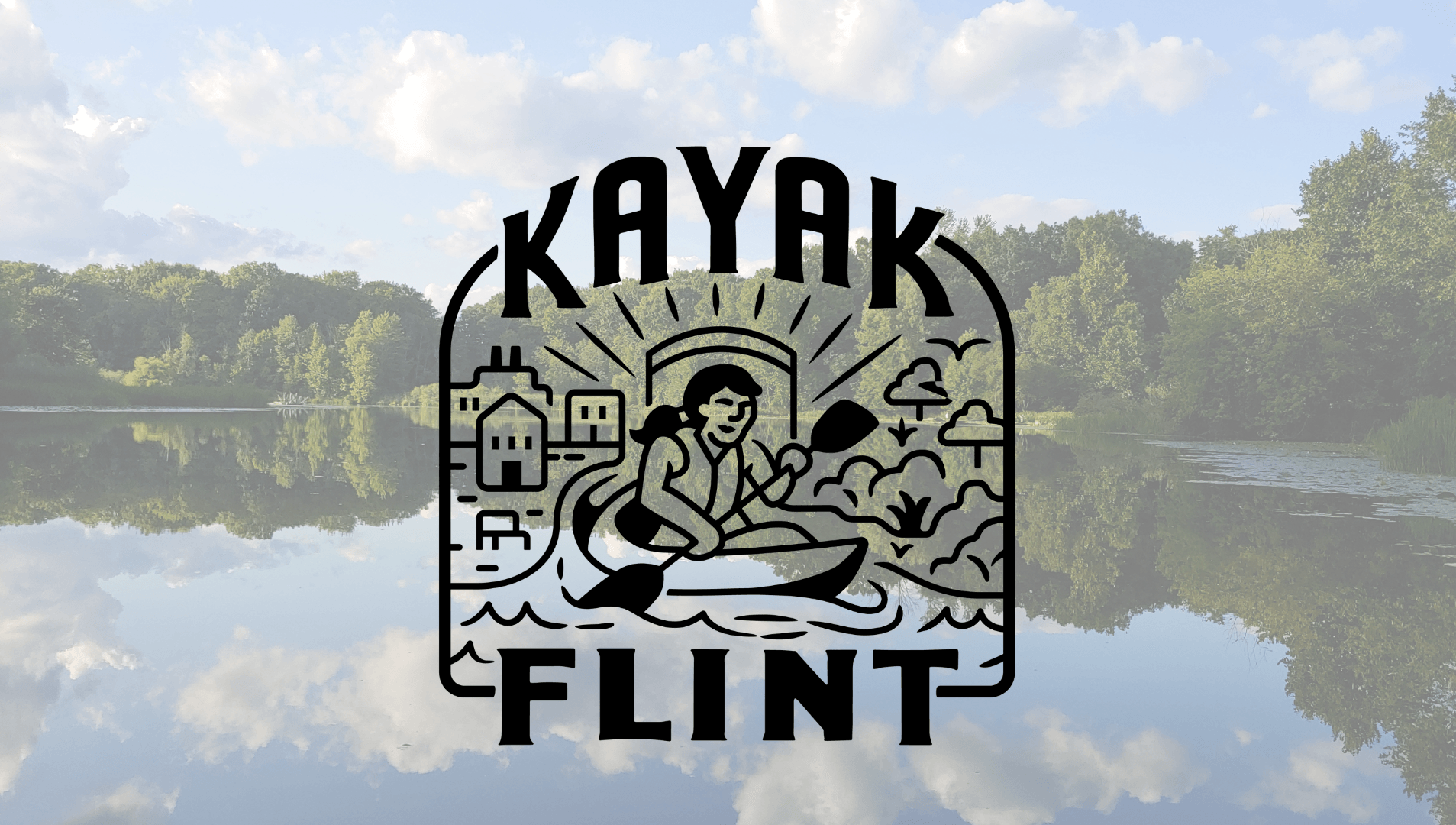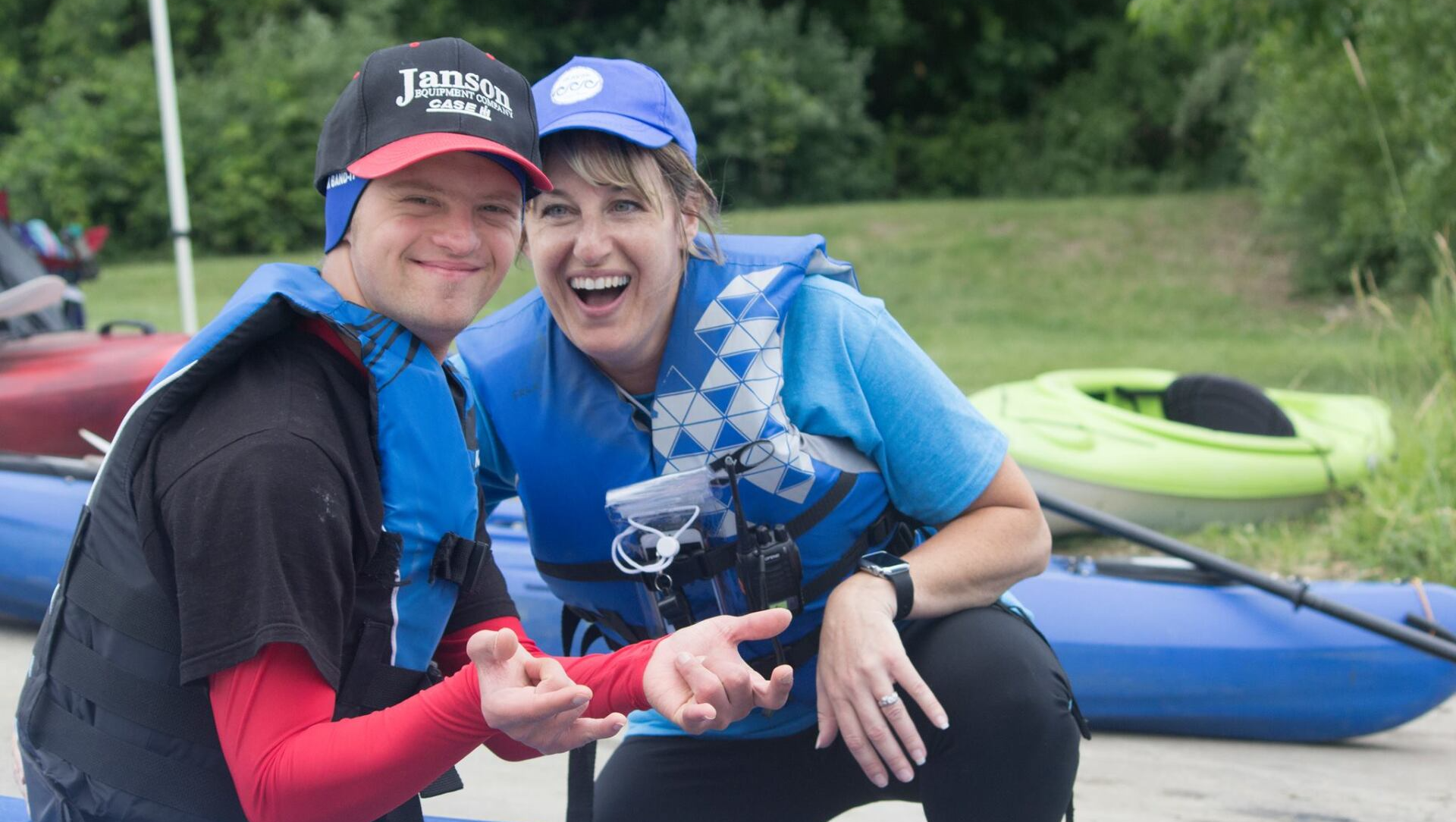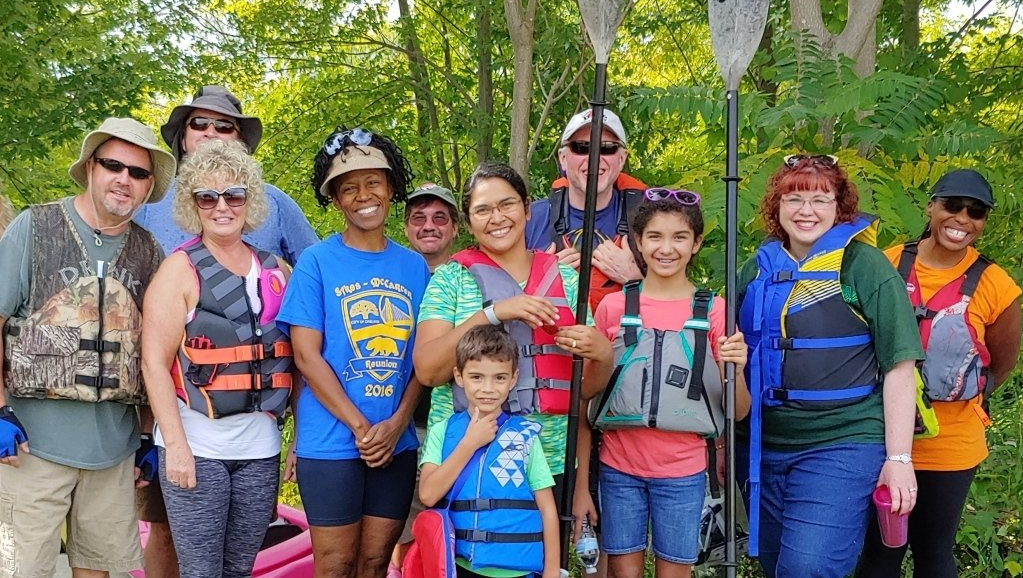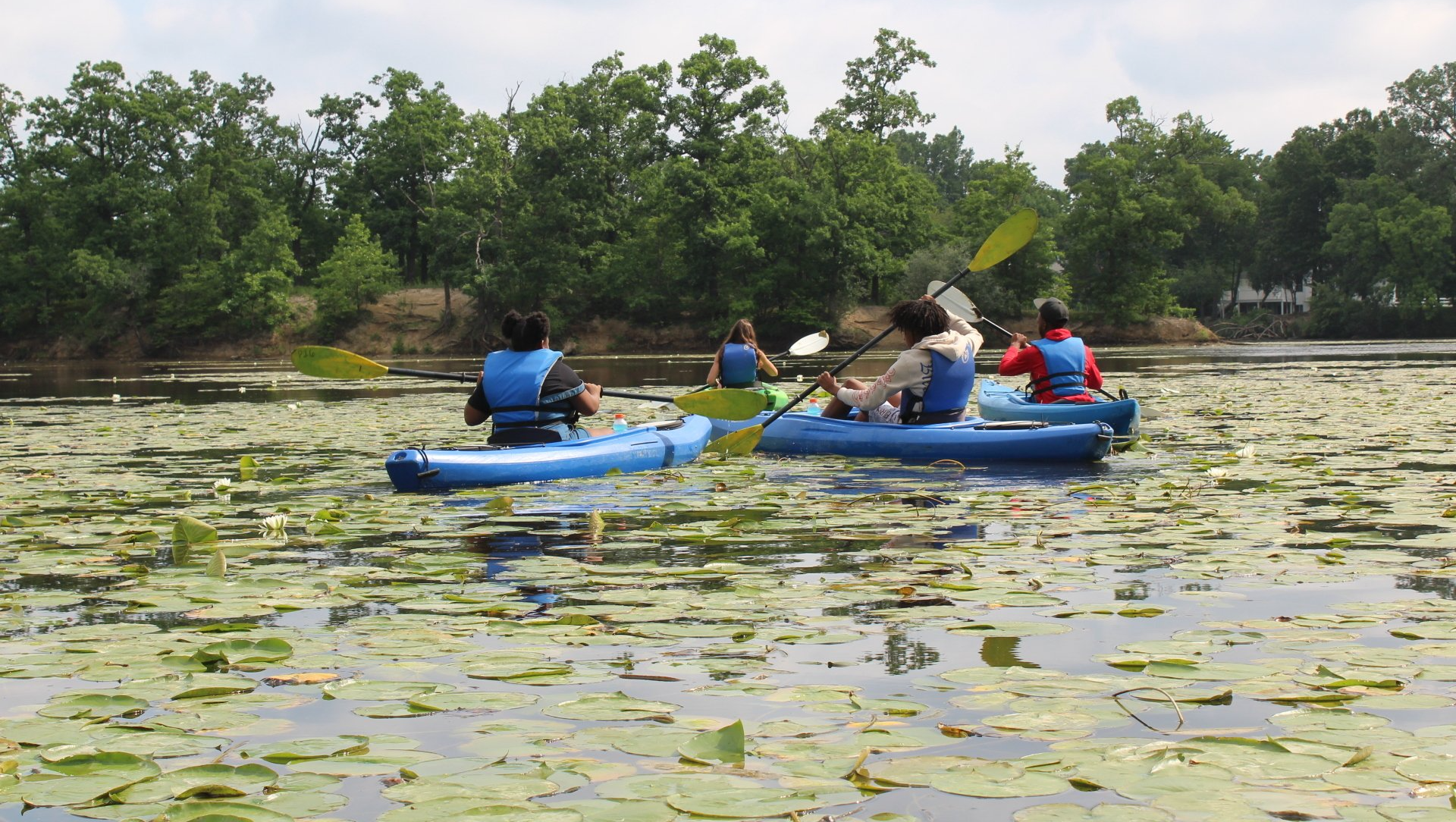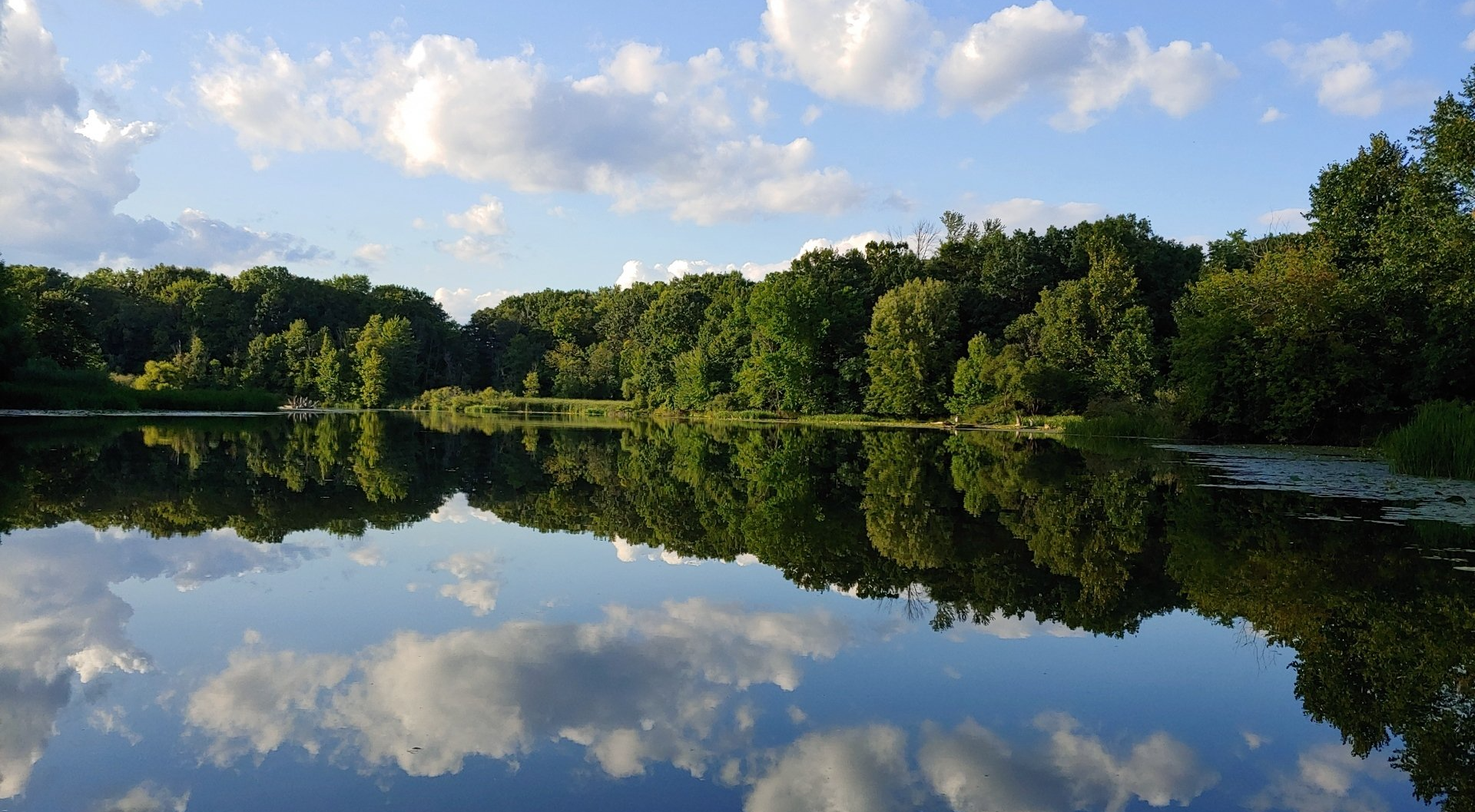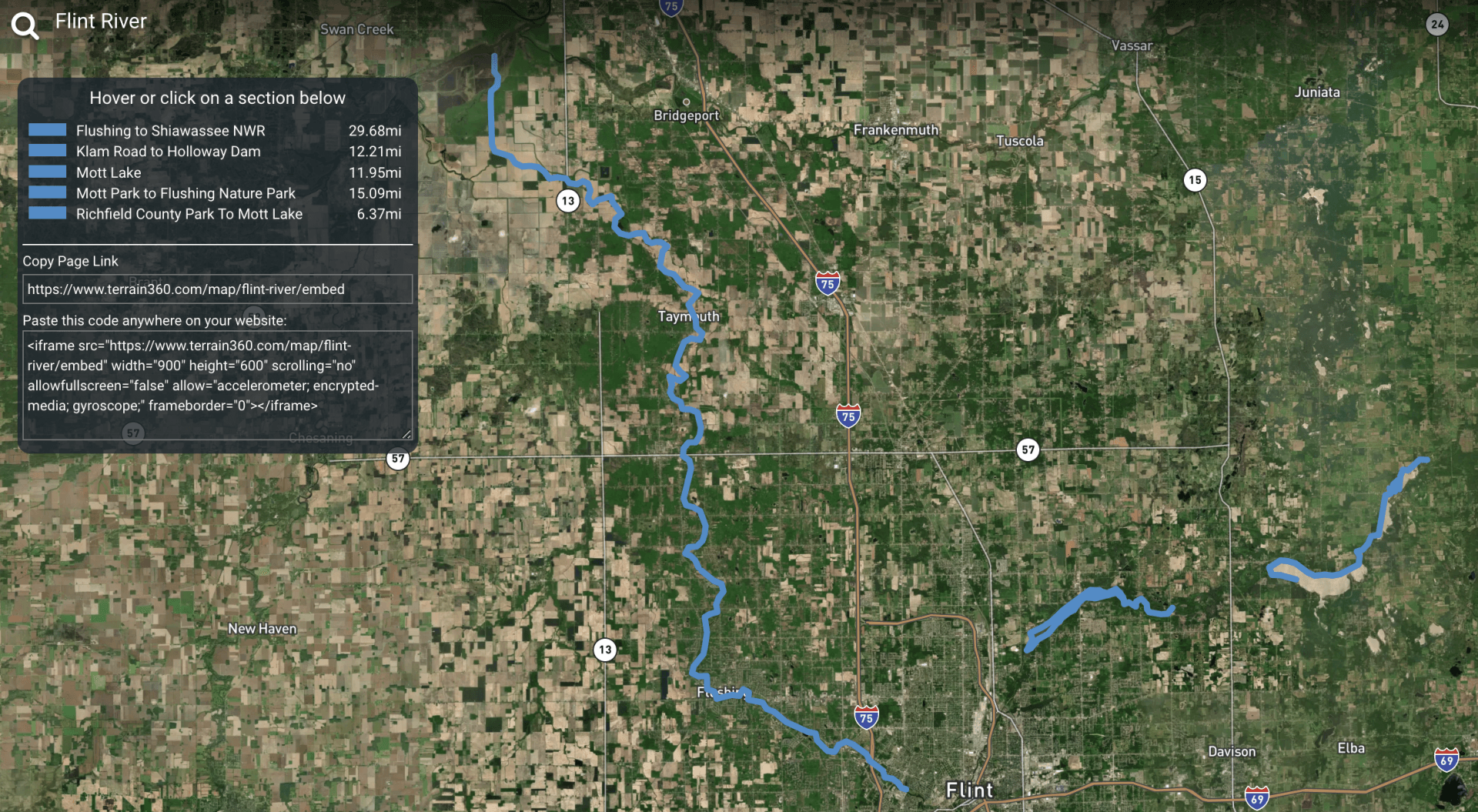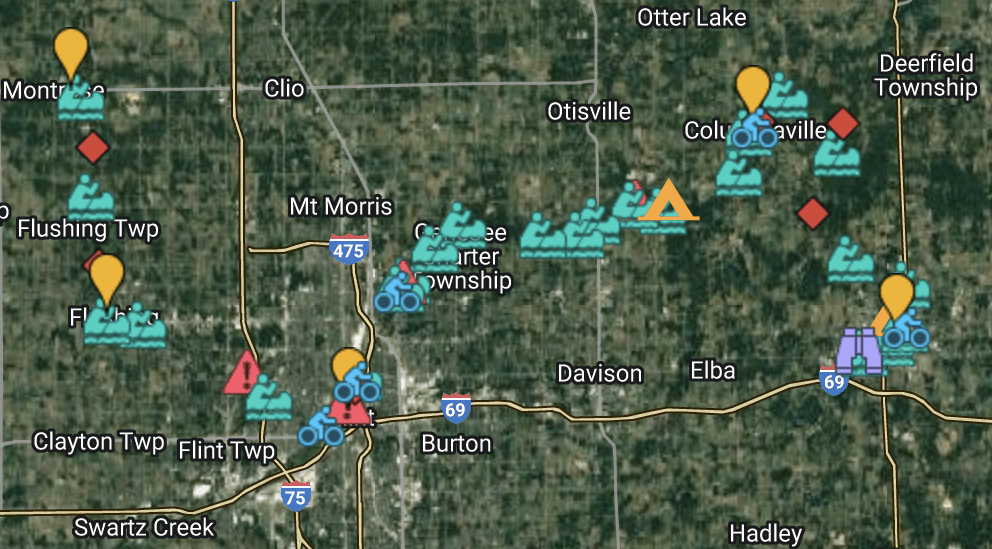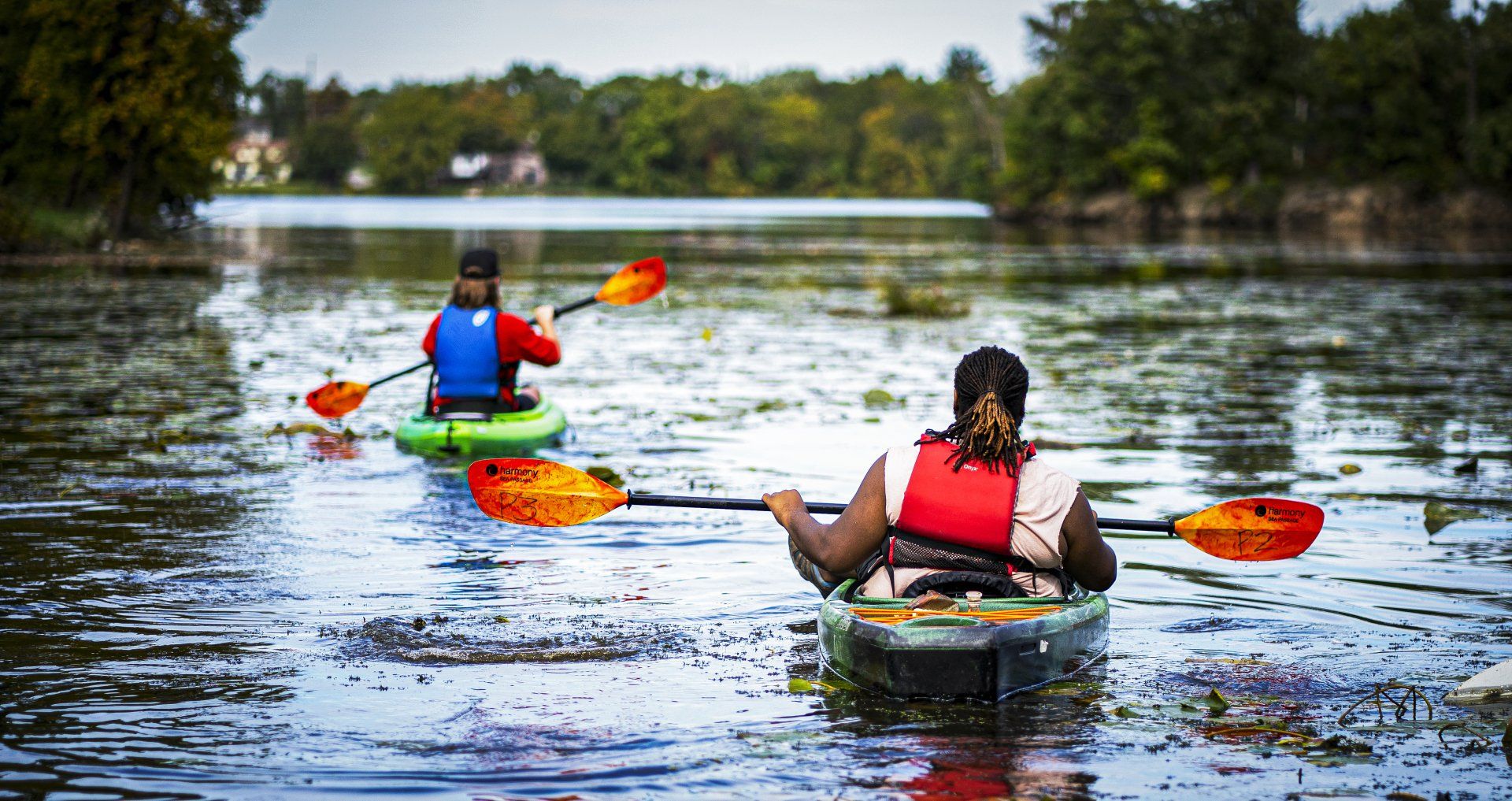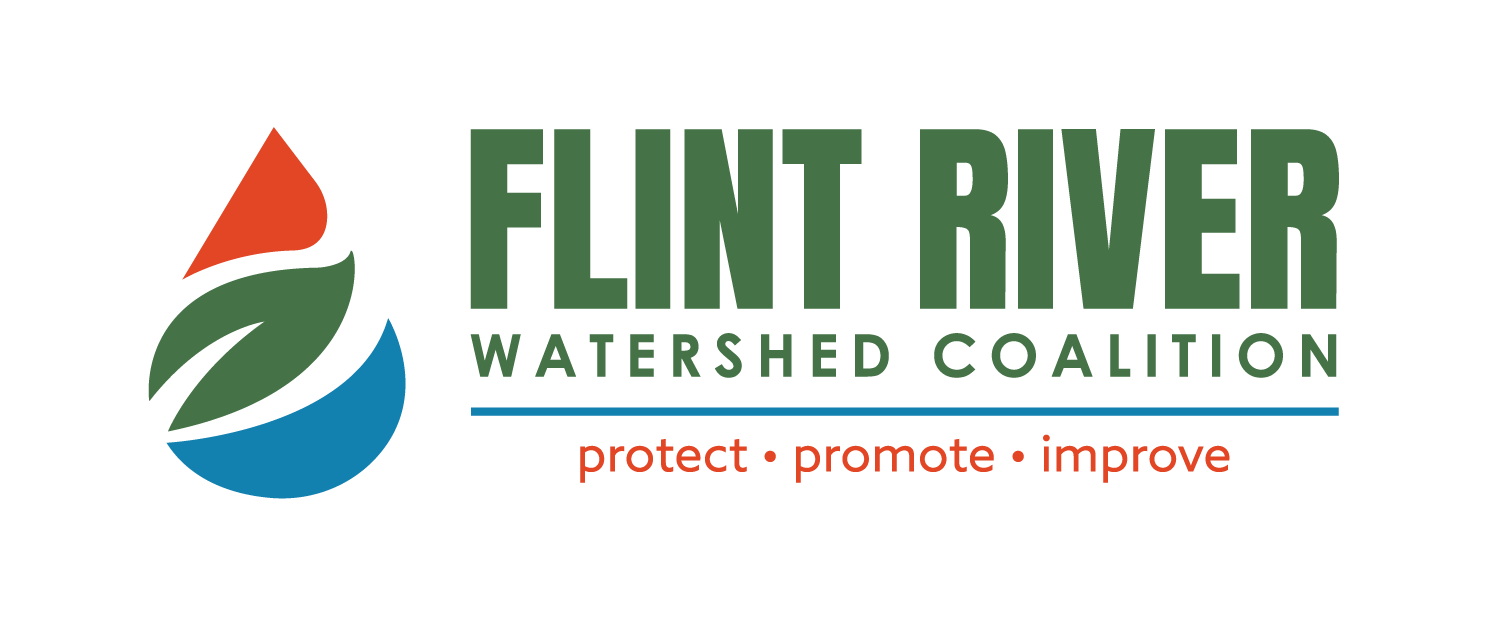Paddling the Flint River National Water Trail
Lockhart Spill: On June 15th, 2022, a fisherman alerted authorities to an oily substance contaminating the Flint River just north of Dort Hwy in the city of Flint. Local, state, and federal authorities responded, and testing tied the spill to Lockhart Chemical Co. The investigation of the spill and its environmental impact are ongoing.
At this time, FRWC does not have a full understanding of the impact of this spill on humans or wildlife, or the safety of those kayaking, fishing, or playing in this part of the river. FRWC recommends the public AVOID contact with the Flint River downstream of Stepping Stone Falls through downtown Flint in Genesee County. Do not eat any fish caught on the Flint River downstream of Stepping Stone Falls.
FRWC wants to emphasize that this spill does not affect the Flint River upstream of Stepping Stone Falls, or downstream of the River Road launch in Flushing, and encourages people to enjoy the river between Mott Lake and Holloway Reservoir, and in Lapeer County. Local lakes are also unaffected.
The Flint River Water Trail (FRWT) is a 72 mile water trail with 25 access sites across Lapeer and Genesee counties offering a variety of recreational and educational opportunities as well as economic revitalization for the community. In 2018, the FRWT became one of the first eight water trails in Michigan given state water trail designation. Two years later, in 2020, the National Park Service designated it as the Flint River National Water Trail.
Whether planning your own trip, or joining one of our paddling programs, you’re sure to have a wonderful time exploring the Flint River National Water Trail with our helpful resources below.
Join FRWC in our Paddling Programs:
To plan your own paddling trip, check out our Flint River Water Trail resources:
Leave No Trace Principles for River Corridors
Paddlers typically have little impact on the water-trail environment. Most impacts occur when paddlers attempt to access the water body or portage around large obstacles. By following The Seven Leave No Trace Principles for River Corridors, users can greatly reduce direct impacts to the surrounding water trail environment. The Leave No Trace Program is managed by the Leave No Trace Center for Outdoor Ethics, an educational, nonprofit organization dedicated to the responsible enjoyment and active stewardship of the outdoors by all people worldwide.
The Seven Leave No Trace Principles for River Corridors:
- Plan ahead and prepare
- Travel and camp on durable surfaces
- Dispose of waste properly (pack it in, pack it out)
- Leave what you find
- Minimize campfire impacts
- Respect wildlife
- Be considerate of other visitors
Information contained on this page was sourced from: MichiganWaterTrails.org

